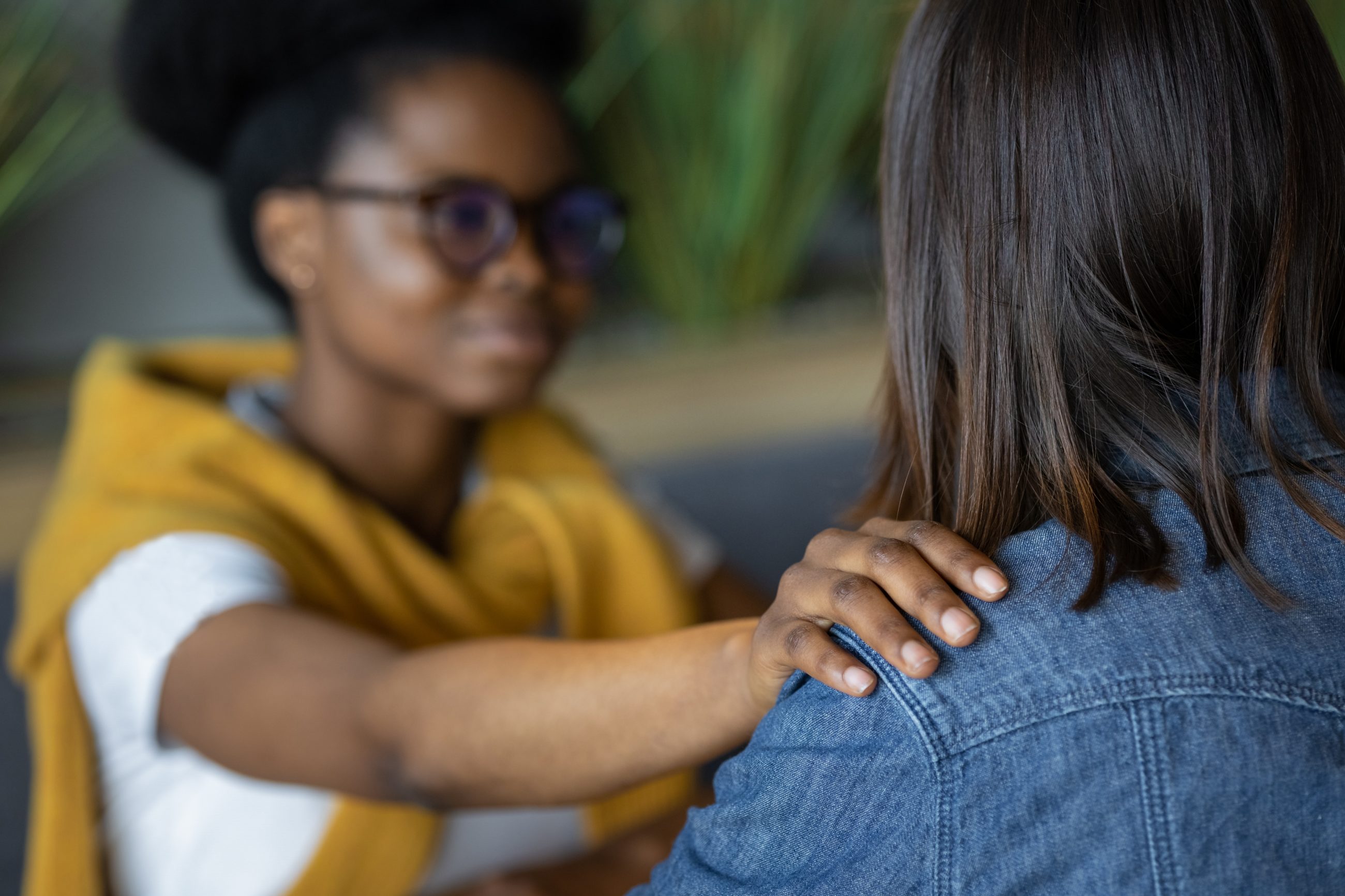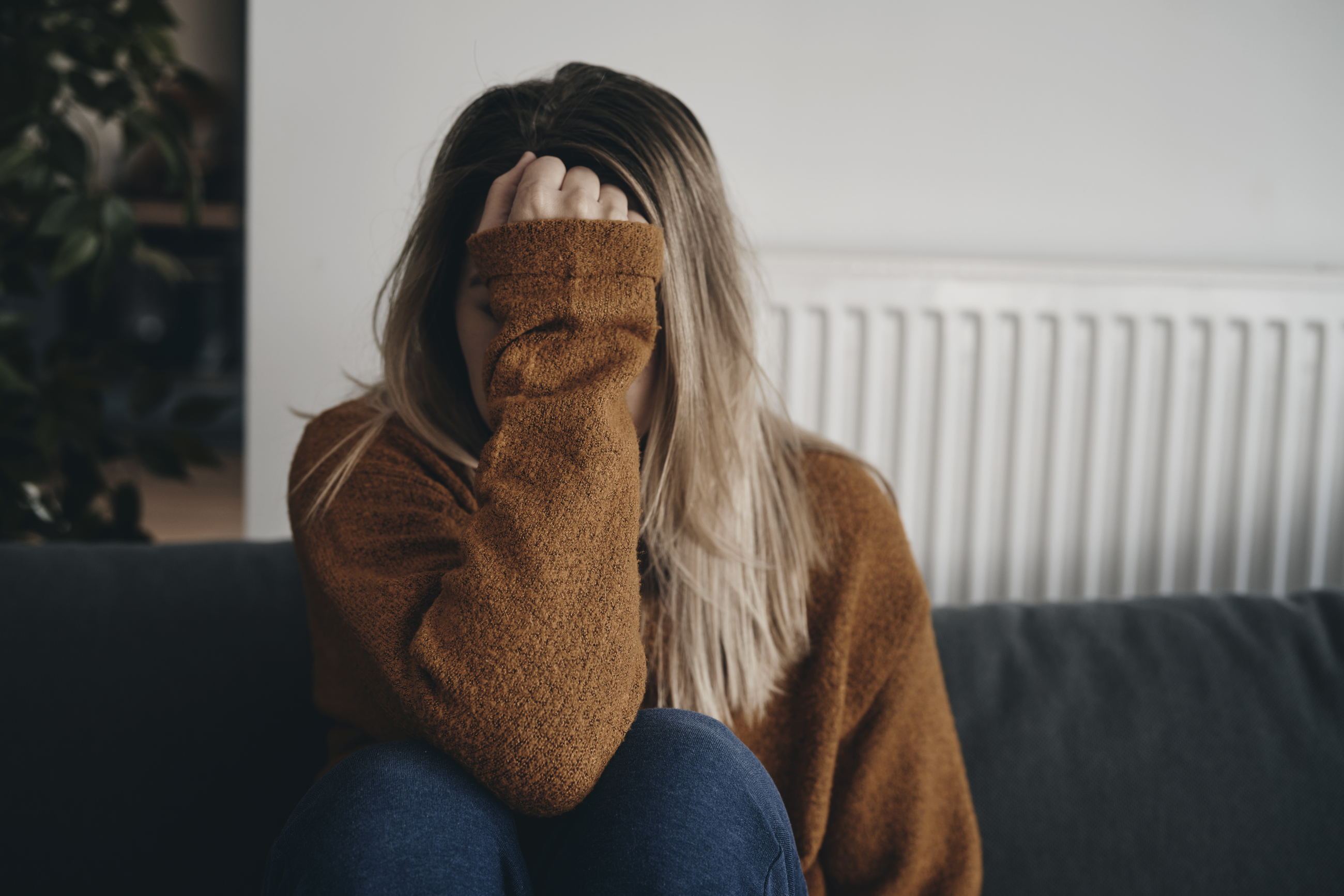A wise person once referred to community problems as a snowball. A small, soft white ball of snow that can easily fit in your hands seems harmless. But if you just throw it down a mountain, it begins to grow in size and rolls down quicker. That small, innocent snowball has now grown multiple times and can be extremely dangerous. This is exactly how community problems grow.
They start small as they only affect a few people. But if not addressed quickly, they grow and can create a crisis.
Examples of such problems are poverty, which breeds crime rate, substance abuse, and lack of economic opportunities. Similarly, racial or cultural prejudices can cause psychological issues and create fears amongst community members. A community can also be affected when hit by a terrorist attack or a natural disaster. Mourning the loss of loved ones or valuable possession can cause depression, anger, and anxiety. This is where community counseling can play a positive part in healing the entire community.
What is Community Counseling?
Like individual counseling, community counseling aims to uplift individuals or groups of people. It guides them in overcoming problems that can affect the community’s overall well-being. These services are usually provided by experienced counselors outside of typical hospital settings as these are targeted at the entire community.
Individuals who have a desire to change the lives of others for betterment usually opt for formal education in mental health. Many renowned universities offer masters in community mental health to aspirants who wish to devote their lives to serving communities. Community counselors are experts at treating problems on both individual and group levels. They aim to make the community peaceful and thriving for its people to take ownership of it and be proud of it. It is also an excellent way to address the growing mental health crisis and has proven beneficial in many ways.

1. Raising Awareness
There has been tremendous work done to raise awareness about mental health and wellness. Unfortunately, there is still a lot of ground to cover, especially in communities with lower literacy rates and lesser access to the internet and information. Community counselors can help people understand how poor mental health can contribute to many serious physical conditions. Many studies prove how positive psychological health can reduce the risks of strokes and heart attacks.
The poor mental health of individuals can result in social problems like substance abuse, school dropouts, poor economy, and gender-based violence. Failure to address these problems can have a rippling effect and damage communities. This is why awareness is extremely important and the need of the hour.
2. Understanding and Accepting Diversity
Marginalized communities experience the worst form of mental health issues. Sexual, gender, racial, and financial traits create discriminating environments contributing to devastating mental health. This discrimination has contributed to homelessness, poverty, deplorable living standards, and children in foster care. The statistics show that over 40% of Black people in the US are homeless and millions of children are in foster care. The recent incident of George Floyd is a perfect example to highlight how difficult it is for the black community to live in this country.
These problems require acceptance of diversity. A community counselor can play a positive role in highlighting marginalization and making people understand how centuries-old discrimination is contributing to overall society. They can raise awareness on how mental healthcare can contribute to a flourishing society. They can also help people who face social exclusion become stronger and create inclusive spaces from which to derive strength.

3. Fighting the Stigma
People with mental illness or disorders often face social marginalization. Many others who suffer from addiction feel helpless and isolated due to guilt and shame. It is tough for such people to come forward and accept that they need help, which is why drug overdoses are becoming common.
Counselors can help such people feel less alone by connecting them to their community. There has been a great focus on rehabilitation facilities for addicts and convicts. These facilities use advanced treatment approaches to encourage them to change their lives and become assets to their communities. Counselors can also raise awareness of how social isolation contributes more to these problems. The only way to fight such issues is to become more socially inclusive.
4. Intervention and Prevention
Community counselors study their community and understand the root cause of problems and ills in society contributing to general poor mental health. They develop programs that address these factors and focus on methods to ensure good mental health. They identify all the risk factors like chronic illnesses, trauma, and family problems to help them devise programs for earlier intervention.
Programs for children cater to daycares, preschools, and homes. Community counselors interact with teachers, administrators, and parents. They discuss different strategies on how to handle mental health problems. They also give information regarding services that can be used to refer young children who might be struggling.
For adults, they offer programs that offer social activities to boost inclusion and assist people in dealing with emotional as well as social issues. These programs also focus on violence prevention and nurture resilience to fight all stigmas and social norms.

5. Policymaking
Community counselors have an in-depth knowledge of the social issues and what the general public is struggling with. They can work with policymakers and design certain policies to get rid of these social problems and support excellent mental health. These policies can be designed by keeping in mind all the people struggling with mental illnesses, social exclusion, and discrimination. They can also ensure that addiction care centers, rehabilitation centers for convicts, and community areas get better funding to offer better services to all.
Conclusion
Traumatic events or vices that have seeped into communities contribute to the general public’s poor mental health. When people are unhappy and are struggling with bad mental health, they can harm society further, knowingly and unknowingly. The only way to improve is by uniting and finding solutions that cater to everyone.
Community counseling can bring people together and uplift individuals and societies. Since their basic aim is to improve people’s mental well-being, it automatically mends the community.
